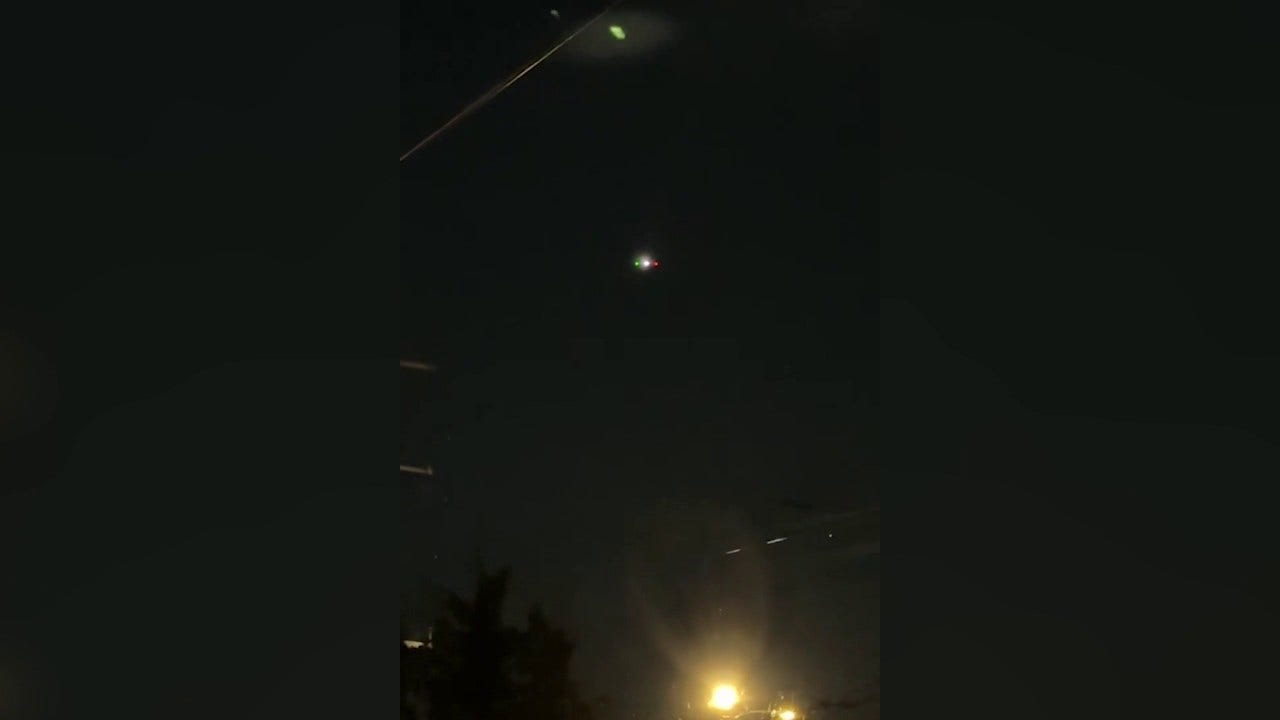Introduction
As drones become increasingly integrated into everyday life, from commercial delivery services to recreational use, the call for a comprehensive security framework has never been more urgent. Recently, Representative Dan Crenshaw has taken a leading role in advocating for stronger regulatory measures to address the rising security concerns associated with drone technology. This article delves into the current state of drone security, the legislative push for reform, and the broader implications of inadequate regulation in this rapidly evolving field.
The Current Landscape of Drone Usage
Drones have revolutionized multiple sectors, including agriculture, real estate, and logistics. Their versatility allows for various applications, such as aerial photography, crop monitoring, and package delivery. According to a report from the Federal Aviation Administration (FAA), the number of registered drones in the United States exceeded 1.7 million in 2022, with projections indicating continued growth.
However, with this proliferation comes significant security risks. The potential for drone misuse—ranging from privacy invasions to dangerous confrontations with manned aircraft—raises alarms among lawmakers and security experts alike.
Rep. Dan Crenshaw’s Call for Action
In light of these challenges, Rep. Crenshaw has highlighted a critical gap in the existing legal framework governing drone operations. He argues that current regulations do not adequately address the complexities and nuances of modern drone technology. His initiative aims to prompt Congress to reevaluate and strengthen the nation’s drone security policies.
The Need for Robust Regulations
The absence of stringent regulations poses several risks:
- Privacy Violations: Drones equipped with high-resolution cameras can easily invade personal privacy, leading to unauthorized surveillance.
- Airspace Safety: The increase in drone activity raises concerns about flight safety, particularly near airports and densely populated areas.
- National Security Threats: Drones can be used for nefarious purposes, including smuggling contraband or conducting terrorist activities.
Crenshaw’s advocacy emphasizes that without comprehensive legislation, these risks could escalate, leading to dire consequences for public safety and national security.
Potential Legislative Solutions
In response to these challenges, several key areas for legislative action have been proposed:
1. Enhanced Registration and Tracking
One of the primary recommendations is the implementation of more stringent registration processes for drone operators. This could include:
- Mandatory registration for all drone users, including hobbyists.
- Real-time tracking of drone flights to monitor and respond to suspicious activity.
Such measures would not only enhance accountability among drone users but also facilitate quicker responses to potential threats.
2. Privacy Protection Measures
Legislation should also focus on safeguarding individual privacy rights. Suggested actions include:
- Establishing clear guidelines on where drones can operate, particularly in residential areas.
- Creating restrictions on the use of surveillance technology by drones without explicit consent.
By setting these boundaries, lawmakers can protect citizens from invasive surveillance practices while still allowing for the beneficial use of drone technology.
3. Collaboration with Technology Innovators
Encouraging collaboration between lawmakers and technology developers can lead to innovative solutions for drone security. This could involve:
- Developing technologies to detect and mitigate unauthorized drone usage.
- Promoting research on secure drone communication protocols to prevent hacking and interference.
Such partnerships can provide lawmakers with insights into the latest advancements in drone technology, ensuring that regulations remain relevant and effective.
Broader Implications of Inadequate Regulations
The implications of failing to strengthen drone security measures extend beyond immediate safety concerns. As drones become more prevalent, issues such as public trust, economic impact, and international competitiveness come into play.
Public Trust and Acceptance
Public perception of drone technology is heavily influenced by safety and privacy concerns. If incidents involving drone misuse continue to rise, public trust in these technologies may diminish, potentially stalling innovation and adoption in various sectors. Comprehensive regulations could foster a safer environment, ultimately leading to greater acceptance and integration of drones into everyday life.
Economic Impact
The drone industry presents significant economic opportunities, projected to contribute billions to the economy in the coming years. However, without a secure operating framework, businesses may hesitate to invest in drone technology, fearing potential liabilities and regulatory backlash. Strong regulations can create a stable environment for growth, encouraging investment and fostering innovation.
International Competitiveness
As countries around the world race to harness drone technology for commercial and national security purposes, the U.S. must prioritize its regulatory framework to maintain its competitive edge. Countries with robust drone regulations may attract more investment and innovation, potentially leaving the U.S. behind in this critical industry.
Conclusion
The urgent call from Rep. Dan Crenshaw for Congress to strengthen drone security regulations highlights a critical juncture for U.S. drone policy. As drones continue to reshape various industries, regulatory frameworks must evolve to address emerging threats and protect public interests. By embracing comprehensive legislation that enhances registration, privacy protections, and collaboration with technology innovators, Congress can create a safer environment for drone operations. The implications of these actions extend beyond immediate safety; they encompass public trust, economic growth, and international competitiveness. As we move forward, it is essential that lawmakers prioritize the establishment of a robust drone security framework to ensure the responsible integration of this transformative technology into society.
See more Future Tech Daily

